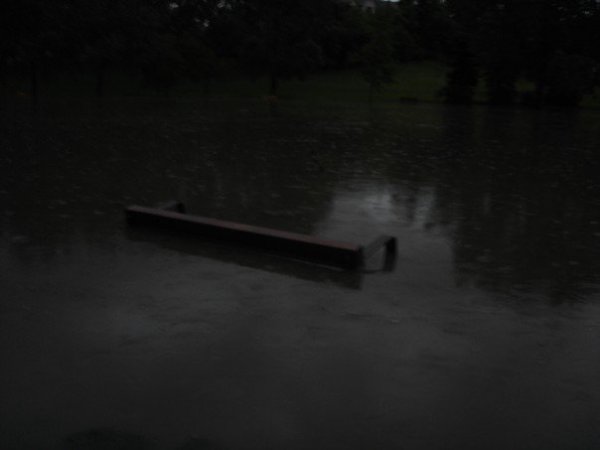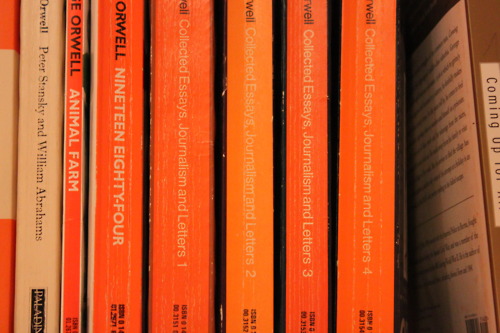I am not an American, and I feel that the occupy movement has a lot more meaning there than it did in Canada. When the first protests appeared I was impressed, and thought to myself if I was an American I would join in, I would grab a tent, and camp out. Since junior high I had watched American politics (the Bush years were bad for this) and felt frustrated by the way decisions are made, by the process of decision making, by the lobbying, by the four year billion dollar election cycles, by the enormous wealth gap, but I am not an American so I stayed inside. It was not my battle to fight, or my wall street to occupy.
Occupy sprung up in Canada, and at two separate locations in my home town — they were disparate and often seemed to be at odds with one another. They seemed to be as much about internal politics as about local, provincial, or national politics. I wasn’t sure what we were actually trying to occupy — what was the point here in Canada, what exactly were we protesting. I did not want to protest simply for the sake of protesting, and actually feel pretty good about my political system — it is not perfect but it is responsive and accountable — so I watched from afar and heard occasional rumblings.
The municipal government was annoyed by the occupiers and eventually kicked them out of their main location but I don’t know about the other. They waited until the winter, hoping that the cold would break the spirit of the movement but it didn’t. People stayed in their tents even when it snowed and I admired their hardiness.
Overtime the movements everywhere stopped being new and exciting, they became something constant, and predictable. They camped out, occasionally governments (especially the Americans) got upset and cracked down on it. The most noteworthy incident was when the library at the occupy camp in New York was dismantled by the police. The Internet lashed out. Bloomberg had overstep a sacred boundary: books. The book lovers of the Internet were outraged, and rightly so. I was impressed that the movement had managed to accumulate a library in the first place and by their efforts to rebound.
I am impressed that the movement has continued for so long. I think many Americans are frustrated by their government process and need an outlet. The economy is in chaos, there is an enormous deficit, and the influence of individuals in being progressively eroded by special interest groups and the sheer cost of politics in the U.S. There is an enormous wealth gap and high levels of poverty. I don’t know if occupy has achieved any of its goals, if it really has any, but good for the American movement. Hopefully they continue to stand up and say we will not be ignored.



